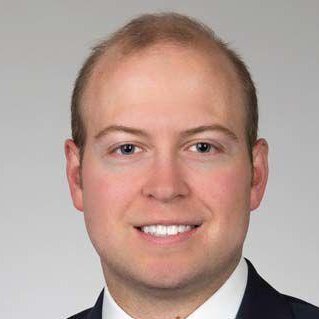
Transformative Practices for Stress Management
In the fast-paced world we live in, stress has become a ubiquitous part of daily life. Dr. Philip Sobash, a trailblazer in psychiatry, unveils a transformative approach to stress management, offering a repertoire of practices that go beyond conventional methods, empowering individuals to navigate stress effectively and foster holistic well-being.
Mindfulness and Stress Reduction
At the core of Dr. Philip Sobash transformative approach lies mindfulness. Mindfulness practices, such as meditation, deep breathing exercises, and mindfulness-based stress reduction (MBSR) techniques, enable individuals to anchor themselves in the present moment, reducing the grip of stress and promoting a sense of calm and clarity.
Cognitive Restructuring
Dr. Sobash advocates for cognitive restructuring as a transformative practice for stress management. This involves challenging and reframing negative thoughts and beliefs, allowing individuals to alter their perception of stressors and develop more adaptive coping mechanisms.
Physical Activity and Stress Relief
Engaging in regular physical activity serves as a powerful tool in managing stress. Dr. Sobash’s approach includes various forms of exercise, such as yoga, walking, or any activity that suits an individual’s preferences, releasing endorphins and reducing stress hormones.
Healthy Lifestyle Habits
Dr. Sobash emphasizes the importance of maintaining a healthy lifestyle to combat stress. Adequate sleep, a balanced diet, minimizing caffeine and alcohol intake, and avoiding tobacco contribute to physical resilience, enhancing the body’s ability to cope with stressors.
Connection and Social Support
Social connections serve as a buffer against stress. Dr. Sobash’s approach encourages fostering supportive relationships, seeking social connections, and engaging in meaningful interactions, providing emotional support and a sense of belonging.
Time Management and Boundaries
Setting boundaries and managing time effectively are transformative practices in stress management. Dr. Sobash advocates for prioritizing tasks, delegating responsibilities, and establishing healthy work-life boundaries to reduce stress levels.
Relaxation and Self-Care
Prioritizing relaxation and self-care is crucial in Dr. Sobash’s approach. Engaging in activities that promote relaxation, such as reading, hobbies, taking baths, or spending time in nature, fosters rejuvenation and helps combat the effects of chronic stress.
Mindful Breathing Techniques
Dr. Sobash emphasizes the transformative power of mindful breathing techniques. Integrating practices like diaphragmatic breathing or box breathing into daily routines aids in activating the body’s relaxation response, reducing stress and promoting a sense of calm.
Seeking Professional Support
Recognizing the need for professional guidance is integral in Dr. Sobash’s approach. Seeking therapy, counseling, or guidance from mental health professionals offers valuable tools and support for managing stress effectively.
Conclusion
Dr. Philip Sobash transformative practices for stress management offer a holistic and proactive approach to mitigating stress’s impact on mental and physical well-being. By integrating mindfulness, healthy habits, social connections, and effective coping strategies, individuals can navigate stressors more resiliently, fostering a balanced and fulfilling life. His approach transcends mere symptom management, empowering individuals to transform their relationship with stress, fostering greater resilience, and promoting overall well-being.